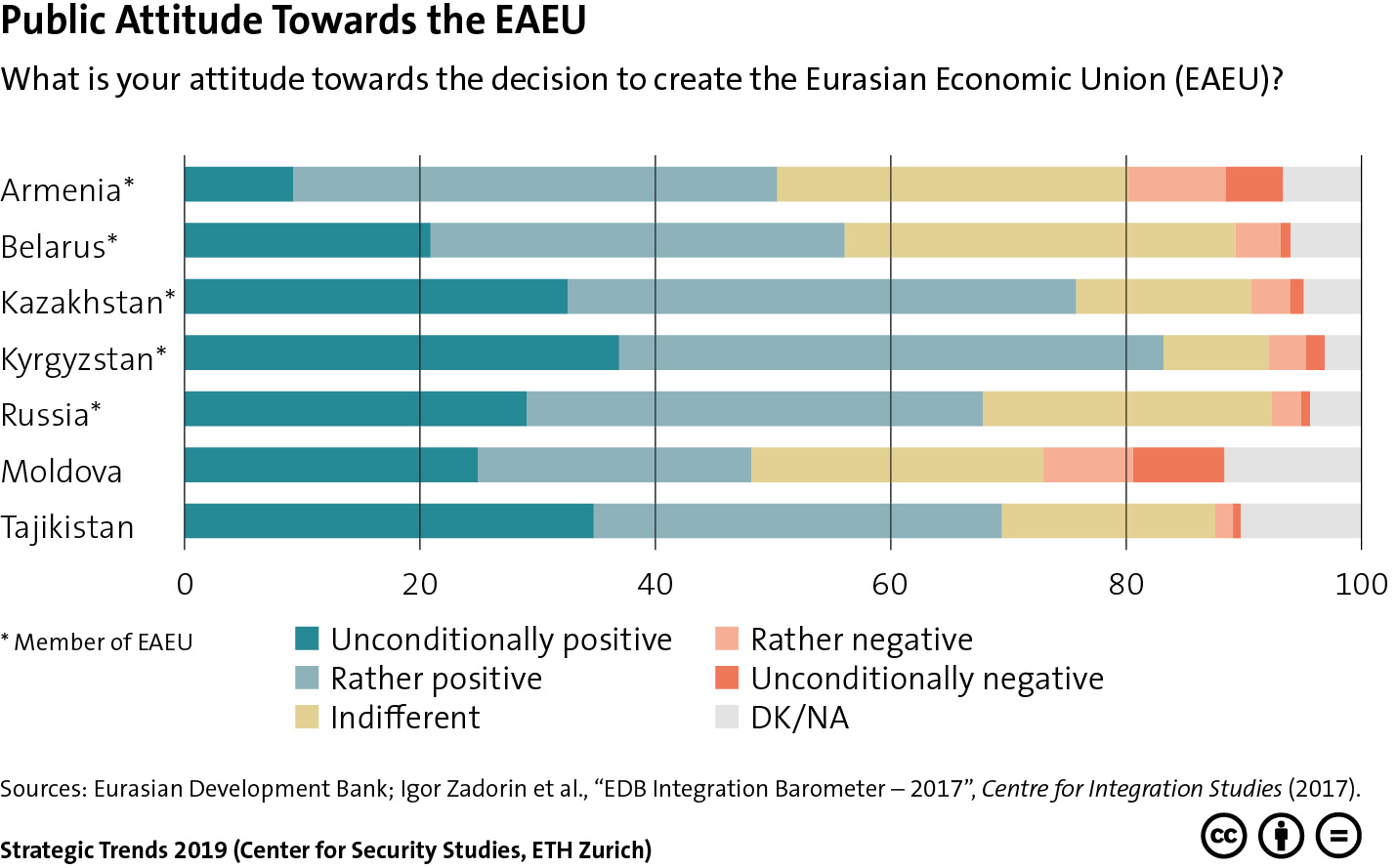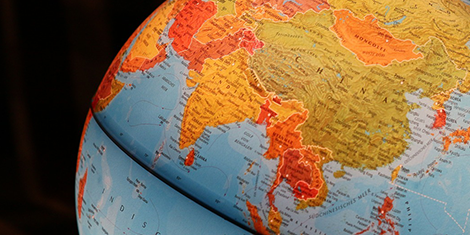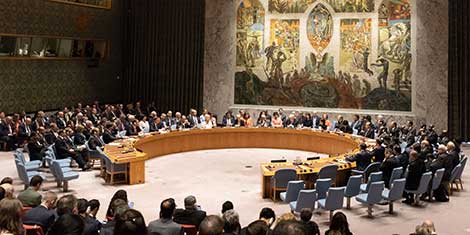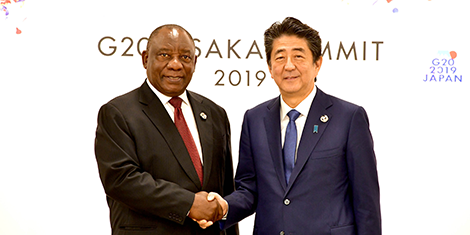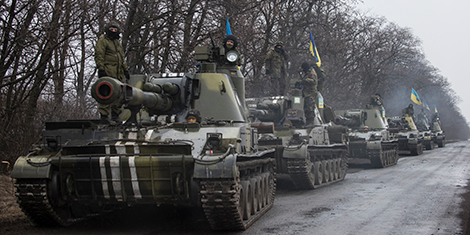
This article was originally published by War on the Rocks on 3 July 2019.
It’s rare to hear firsthand accounts of daily life amid the conflict in Donbass. But we do have a few. The photographer Paula Bronstein captured the broken bodies and tormented souls of elderly people. The documentary filmmaker Simon Lereng Wilmont shot the war through the eyes of a 10-year-old orphan boy living in a small village with “The Distant Barking of Dogs.” My colleague Ioulia Shukan, a French sociologist, keeps a blog on ordinary citizens affected by the war in Eastern Ukraine. She recounted the everyday life of three female villagers in the grey zone, their fear of shells and their cohabitation with soldiers. She also told the story of a young family that left the little Ukrainian town of Marinka — where there is still no heating and no drinking water — for the separatist-held city of Donetsk to escape immediate danger and precarious conditions. These Ukrainians’ stories highlight not only the human cost of the ongoing war, but also the perils of the Ukrainian government — and its Western partners — ignoring that cost.

